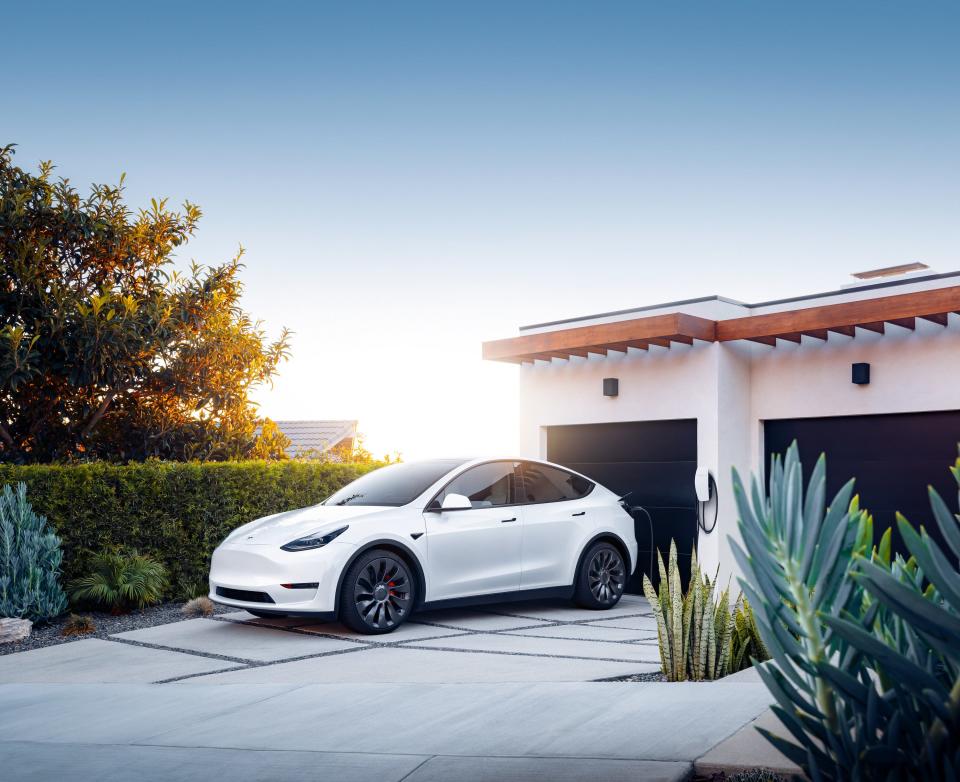The 4 most important things to consider before buying your first electric car, according to experts

More drivers than ever are thinking about buying an electric car.
Experts say potential buyers should think about where they'll plug in and whether they qualify for any incentives.
Aspiring EV owners should also examine their driving habits before taking the plunge.
You've set your sights on the perfect electric car. Maybe it's a Tesla Model Y, or a Ford F-150 Lightning, or a Hyundai Ioniq 5. You've heard that electric vehicles are quick, fun, and kind to the environment, and you're considering whether to ditch fossil fuels for good.
Join the club: Amid high gas prices and more battery-powered choices than ever, a record number of Americans are considering buying an electric car. In a recent Consumer Reports survey, 71% of Americans expressed some interest in going electric.
But taking the plunge isn't such a simple decision. From where you'll charge to how much range you need, there are lots of things to consider when trading in your gas-guzzler for an EV, according to car-buying experts.
Charging at home is your best option
The first thing people should consider before going electric is where they'll plug in, experts told Insider. Although public charging stations are becoming more common, the most convenient approach is to charge at home, which allows owners to wake up each morning to a fully charged battery.
"Yes, there is public charging. But when you're talking about the day-to-day use of this vehicle, you want to make it easy on yourself," Jennifer Newman, editor-in-chief at the online car marketplace Cars.com, said.
Charging at home also is also cheaper, Benjamin Preston, an automotive reporter at Consumer Reports, said.
This means EVs are best suited for drivers who have off-street parking with nearby access to electricity. Experts recommend installing Level 2 charging, which uses a higher-voltage connection to increase charging speeds. A Level 2 charger can fully charge an EV in roughly 4-12 hours.
Using a regular, 110-volt household outlet (known as Level 1), that could take days.
But installing home charging can be expensive
The cost and complexity to outfit a garage with Level 2 charging varies greatly. If you already have a 240-volt outlet — the same kind used for a dryer — it may be as simple as plugging in the right charging cord (which can be anywhere from free to several hundred dollars, depending on what's included with your vehicle and the charging speed you desire.)

 Yahoo Autos
Yahoo Autos 